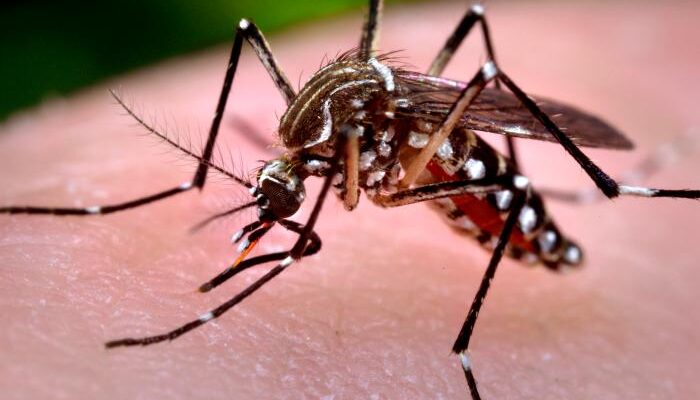Dengue fever can present with a range of symptoms, from mild flu-like manifestations to severe, life-threatening conditions. Common symptoms include:
- High fever. A sudden fever exceeding 39°C (102°F) is a hallmark of dengue.
- Headache, nausea, and vomiting. These symptoms often accompany the fever and can vary in intensity.
- Muscle pain. Aches in the muscles, often referred to as “breakbone fever,” are common.
- Joint pain. This can make movement uncomfortable and may persist for several days.
- Rash. Red, measles-like rashes appear on the skin, often spreading across the body.
- Bleeding tendencies. This may include gum bleeding, nosebleeds, or blood in the stool.
Severe Symptoms of Dengue (Dengue Hemorrhagic Fever)
Severe cases of dengue, known as Dengue Hemorrhagic Fever (DHF), are particularly alarming and require immediate medical attention. These symptoms include:
- Red spots on the skin. Tiny red or purple spots, known as petechiae, may appear, indicating internal bleeding.
- Gum bleeding. Even light brushing of teeth can result in bleeding.
- Dark stool. This is a sign of gastrointestinal bleeding.
- Nosebleeds. Frequent or spontaneous nosebleeds are another indicator of internal hemorrhage.
Additional Severe Symptoms to Watch For
- Extreme fatigue. A persistent feeling of exhaustion can occur even after adequate rest.
- Difficulty breathing. This may result from fluid accumulation in the lungs or other complications.
- Severe abdominal pain. This is often associated with internal bleeding and requires urgent care.
When Should You See a Doctor?

If you or a loved one experiences the symptoms mentioned above, especially the severe ones, consult a doctor immediately. Prompt medical attention is crucial for effective treatment and recovery.
Why Immediate Care Is Vital
- Dengue fever progresses rapidly, and delaying medical consultation increases the risk of severe complications, including organ damage and shock.
- Early detection allows for proper hydration, monitoring, and treatment, which are critical in managing the disease.
- Hospitals and clinics are equipped to perform blood tests and provide interventions to prevent life-threatening complications.
Do not delay seeking medical attention. The success of dengue treatment often depends on early intervention and proper care, which can prevent severe outcomes and save lives.


